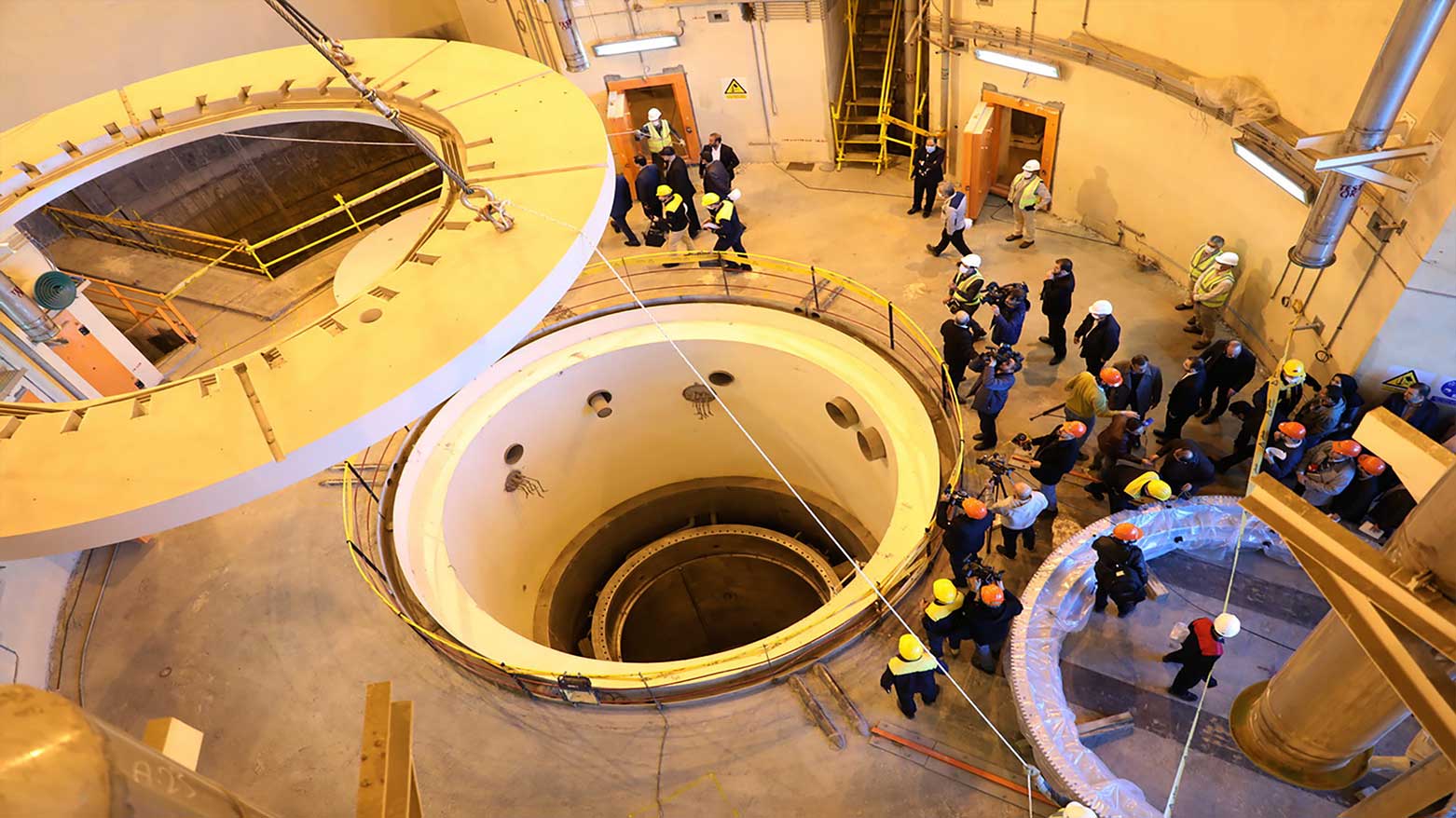Israel likely to strike Iran in coming months, warns U.S. intelligence
“Israel is considering targeting Iran’s Fordow and Natanz nuclear facilities within the first half of 2025,” the intelligence report

ERBIL (Kurdistan24) - Israel is likely to launch a preemptive strike on Iran’s nuclear program in the coming months, a move that would set back Tehran’s progress by mere weeks or months but significantly escalate tensions across the Middle East, according to The Washington Post, citing a U.S. intelligence assessment.
The intelligence report, produced by the Joint Chiefs of Staff and the Defense Intelligence Agency in early January, warns that Israel is considering targeting Iran’s Fordow and Natanz nuclear facilities within the first half of 2025.
The assessment is based on Israel’s recent military planning following an October attack on Iran, which weakened Tehran’s air defenses and left it vulnerable to further strikes, U.S. officials told The Washington Post on condition of anonymity due to the highly classified nature of the information.
Neither the Israeli government nor U.S. intelligence agencies, including the CIA and the Office of the Director of National Intelligence, provided comments on the matter. However, White House National Security Council spokesman Brian Hughes reaffirmed President Donald Trump’s firm stance on Iran’s nuclear ambitions, stating, “He will not permit Iran to get a nuclear weapon.” Hughes emphasized that while Trump prefers a diplomatic resolution, he would not wait indefinitely for Iran to negotiate.
The intelligence report outlines two possible Israeli strike scenarios, both requiring U.S. assistance. One option involves a standoff strike in which Israeli aircraft fire air-launched ballistic missiles from outside Iranian airspace. The more aggressive alternative, a stand-in strike, would see Israeli jets penetrate Iranian airspace and deploy BLU-109 bunker-buster bombs. Last week, the Trump administration approved the sale of guidance kits for these bunker busters and notified Congress of the decision.
Per The Washington Post, despite Israeli preparations, U.S. intelligence estimates that an attack would only delay Iran’s nuclear program by a matter of months at best. Additionally, officials warn that such a strike could push Tehran toward weapons-grade uranium enrichment—a longstanding red line for both Israel and the U.S.
The prospect of Israeli military action poses an early challenge for President Trump, who campaigned on restoring stability in the Middle East while reaffirming unwavering support for Israel. His administration is divided on military intervention, with key figures like National Security Adviser Michael Waltz advocating for decisive action, while others, including Vice President JD Vance, urge restraint.
In a late January interview with CBS News, Waltz described Iran’s defenses as weakened and suggested that key decisions on military action would be made within weeks. Trump himself acknowledged Israel’s strategic considerations, telling Fox News, “Everyone thinks Israel, with our help or our approval, will go in and bomb the hell out of them. I would prefer that not happen.” He added, “I would love to make a deal with them without bombing them.”
Trump’s renewed “maximum pressure” campaign against Iran, aimed at crippling its oil exports, has drawn sharp criticism from Tehran. Iran’s UN ambassador, Saeed Iravani, condemned Trump’s actions as a violation of international law, accusing the U.S. of issuing direct threats against a sovereign state.
As the White House navigates these complex dynamics, the world watches closely to see whether Israel will move forward with its plans—and what role the U.S. will ultimately play in shaping the course of events in the Middle East.